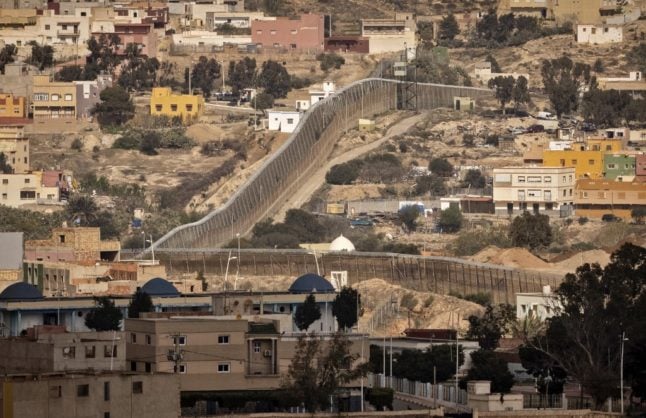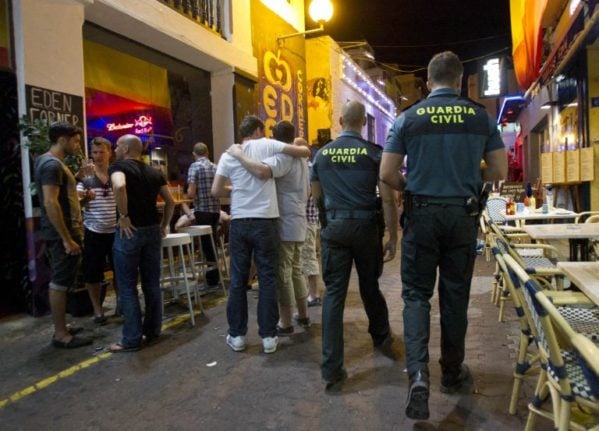The frontiers of the two Spanish enclaves of Ceuta and Melilla were first shut in spring 2020 because of the coronavirus pandemic and stayed closed during a diplomatic crisis in 2021 between Madrid and Rabat.
The borders were due to reopen on Saturday at midnight. But an order published in the official gazette said they would remain shut for “15 days so that the conditions for the gradual and orderly reopening of border posts at the entry and exit of Ceuta and Melilla are concluded”.
The Spanish interior ministry said the police force had been “strengthened” in the two enclaves.
During a landmark visit to Rabat on April 8th by Spanish Prime Minister Pedro Sánchez, Spain and Morocco hailed a “new stage” in relations.
Sánchez said one of the “main aims will be the restoration of goods and property at the border crossings of Ceuta and Melilla”.
Ferries resumed between Morocco and Spain this month, with the first Spanish vessel docking in Tangiers port on April 12th after two years.
The diplomatic crisis began a year ago when Madrid allowed Brahim Ghali, leader of the Polisario Front which seeks independence for the territory of Western Sahara, to be treated for Covid-19 in a Spanish hospital.
A month later 10,000 migrants surged across the Moroccan border into Spain’s Ceuta enclave as local border forces looked the other way, in what was widely seen as a punitive gesture by Rabat.
Last month, Spain ended the diplomatic crisis with Morocco by removing its decades-long stance of neutrality and backing Morocco’s autonomy plan for the disputed territory of Western Sahara.
Rabat calls for the territory to have an autonomous status under Moroccan sovereignty but Polisario wants a referendum on self-determination under the supervision of the United Nations.
READ MORE: Maritime travel between Morocco and Spain resumes after two-year hiatus



 Please whitelist us to continue reading.
Please whitelist us to continue reading.
Member comments